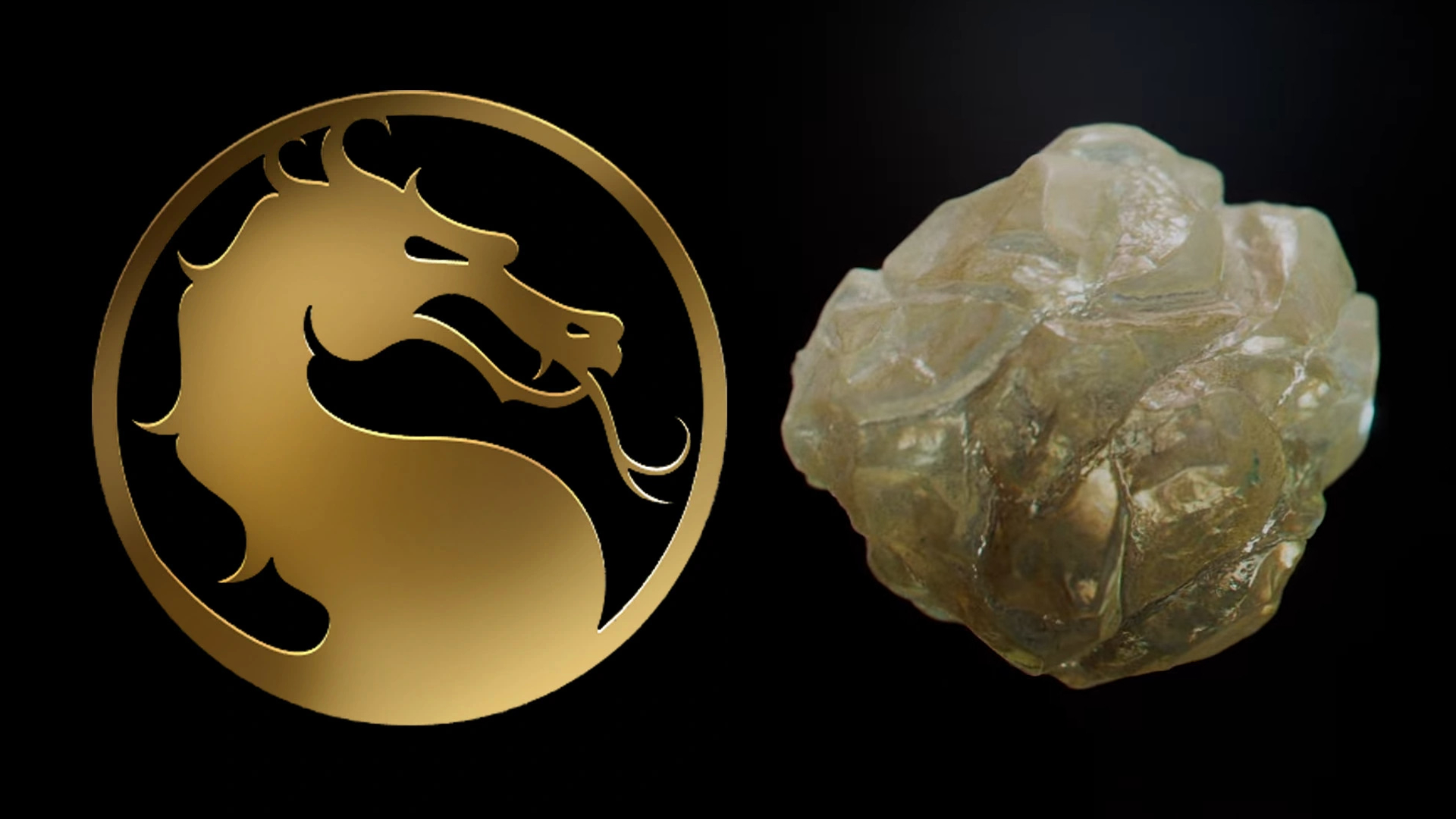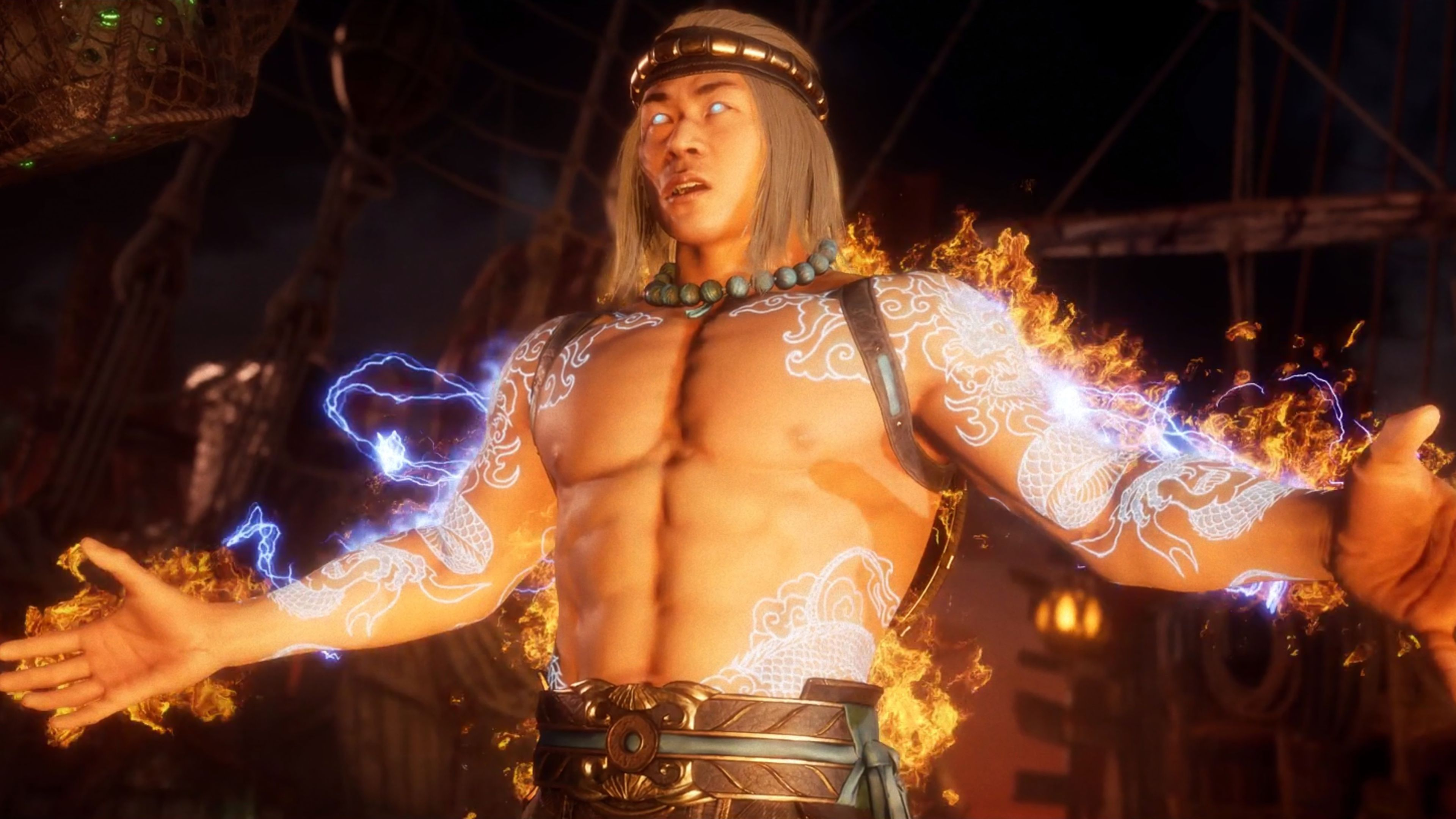
We’ve finally had our first brief look at what Mortal Kombat 12 could have in store, with a recent teaser showing that the Sands of Time may return. Here’s why their involvement in the plot could be what the series needs to course correct.
Let me take you all back way over a decade to the release of Mortal Kombat in 2011. The first NetherRealm Studios game, which rose from the ashes of Midway Games, took things back to basics with a franchise that had run wildly out of control for nearly a decade at that point. For as much as I love Mortal Kombat, some of these mid-era games were seriously rough. Even Mortal Kombat: Armageddon, a fighting game that included every playable character to date and boasted the biggest story stakes seen yet, was still a massive disappointment.
Whether it was the switch to 3D which had occurred with the sloppy Mortal Kombat 4 or the piling on of gimmicks from Chess Kombat, Motor Kombat, and a progressively worsening Konquest mode, the franchise had seriously lost its way. That’s why Mortal Kombat (2011) felt so fresh. The 2D perspective returned and many of the series’ sins were washed away. From lore that few could keep up with anymore, to bloated and unnecessary gameplay additions, this title brought things back to basics at a time when it was needed the most - and it needs to happen again with Mortal Kombat 12.
Say what you will about the bold steps taken with Mortal Kombat X. Whether it’s the new Kombat kids, Jacqui Briggs, Cassie Cage, and Taekda (the offspring of Jax, Johnny Cage, and Kenshi respectively), at least the middle part of the trilogy attempted to move things forward. It’s in stark contrast to Mortal Kombat 11 and its narrative which has fallen victim to pitfalls typical to time-travel plots. Long-dead villains appear out of thin air, while the consequences of the characters’ actions are shrugged off without so much as a care. A tangible sense of narrative progress was sacrificed to appease a vocal minority of fans who were unhappy with the direction that the reboot’s sequel took, and it shows.
Wiping the slate clean

Cue the ending of Mortal Kombat 11 which features the time-manipulating Titaness and mother to series antagonist Shinnok, seemingly defeated for good alongside newcomer Cetrion. Her Hourglass, a device that literally weaves and alters the fabric of time, is destroyed and takes her out with it, setting the stage for a fresh start for the storied characters that we’ve known for 30 years now.
The Mortal Kombat 11: Aftermath expansion attempted to further build on these consequences but didn’t quite do the premise justice, wasting an otherwise excellent return of returning Cary-Hiroyuki Tagawa as Shang Tsung. The 3-hour addon goes a lot of places in its brief runtime but ends in an unsatisfying fashion as series lead Liu Kang attains literal godhood and Thunder God Raiden reverts to human form. It’s a move that never made much sense for the characters or the central plot, but left things open enough to fix, with the final shot of the series to date being when Kang traveled back in time to meet The Great Kung Lao, the first person chosen to fight for EarthRealm to battle against the forces of Outworld.
The story of Mortal Kombat 12 needs to be one with a solid through-line so that the plot can actually make sense
With the sands of time appearing to be in play again via the teaser, the time is right to take a back-to-basics approach that solely focuses on the core Mortal Kombat cast. Mortal Kombat 11, for all its visual splendor, felt slow and stiff in comparison to its predecessors, with that being the main issue being the game speed and the bloat of juggling over 35 Kombatants, which is more than we saw from both the previous games, even when factoring in the title’s DLC.
Quality over quantity really is the name of the game here. Sometimes less is more, as a more deliberate roster means more care and focus can be played on making everyone play in a unique fashion with new inputs and animations. If done right, this return to form could rival the upcoming Street Fighter 6 and Tekken 8. The story of Mortal Kombat 12 needs to be one with a solid through-line so that the plot can actually make sense and be concise enough to be enjoyable from start to finish. No one’s expecting award-winning writing, here, but consistency is key.
If Mortal Kombat 12 can scale things back and focus on what makes the franchise so beloved in the first place, then there’s a real chance it can do well for itself even in a very competitive year for fighting games. A smaller roster of characters with more time to shine, a simpler story that lives up to the franchise’s lore, and a return to the more refined, older gameplay of Mortal Kombat (2011) and Mortal Kombat X could make this one a tough act to follow.







